There are a lot of misconceptions about the new CMS Medicare Call Recording Requirements. Do I need to record every conversation? Where do I store this info? What are the potential liabilities?
Know what actually needs to be recorded.
If you are conducting an enrollment in person, then you do not need to record that conversation. This requirement applies to enrollments done over the phone. So what actually needs to be recorded?
Record all calls with beneficiaries that are part of the chain of enrollment into a Medicare Advantage or Part D Plan (the steps taken by a beneficiary from becoming aware of a Medicare plan or plans to making an enrollment decision in their entirety).
The Best Answer
Now obviously that sounds a bit vague when you say record every conversation that leads to an enrollment. You’re probably thinking “how do I know which calls will lead to an enrollment and which ones are just personal or irrelevant conversations? How will I keep track?”
CMS says “all calls with Medicare Beneficiaries must be recorded.”
They may revise this in the future, but for now, all calls must be recorded. Before you panic…the only time you would need to pull up a recording is if complaints are filed against you or you’re being audited for some reason. So be a good agent and you’ll be fine.
If you don’t want to comply with these requirements, then our professional recommendation is to simply refrain from conducting enrollments over the phone.
If you would like to conduct enrollments over the phone, then there’s one other thing you’ll need to do…
Read the required disclaimer.
Within the first minute of your recording, you’ll need to say:
“We do not offer every plan available in your area. Any information we provide is limited to those plans we do offer in your area. Please contact Medicare.gov or 1-800-MEDICARE to get information on all of your options.”
Now you may not like the idea of referring people out to Medicare.gov, but look at this from a competitive angle.
If a client asks “Why don’t you offer every plan in my area?” then you can explain how you’ve carefully vetted the carriers you represent.
If anything, this will make you seem even more trustworthy.
Whether or not you are conducting enrollments over the phone, note that the disclaimer also needs to be posted on your website, electronic communications (email signature), and advertisements.
Disclaimer Requirements
Yes, these guidelines apply to field agents. Effective October 1, 2022.
Whether or not you agree with the new requirements, you still have to be prepared. By the way, make sure you’ve signed our petition here.
What if a client requests not to be recorded?
If a consumer refuses to be recorded, you may offer a face-to-face appointment and end the call. CMS has indicated that Federal Law supersedes State Law. There is no opting out at this point.
Reminder: call recordings need to be stored for 10 years.
Now that we’ve looked at what is actually being required, let’s evaluate which technology solutions best fit our needs.
Disclaimer:
This website was created by Gillan Boyer, Director of Marketing at The Brokerage Inc. Our intention is to provide independent Medicare brokers with a straightforward guide on how to comply with the new CMS call recording requirements. We are not a government agency or affiliated with CMS. These guidelines are subject to change, and the website will be updated as we get more information from CMS and our carrier partners.

